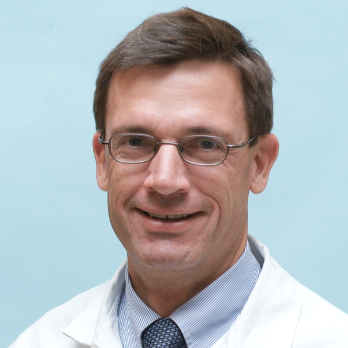Infants & Children (IC) Autism Research
This presentation will cover recent scientific advances in understanding the causes and life course of autistic syndromes, with particular emphasis on findings that will inform the next generation of interventions for autism and related disorders. Discoveries in developmental psychobiology, genetics, neuroimaging, epidemiology, and intervention science have highlighted critical frontiers in which continued progress is expected to translate into innovative and more effective treatments. Dr. Constantino identifies recent scientific advances in the genetic and neurobiological causes of autistic syndromes and discusses the utility, value, and importance of research for treatment of Autism, Developmental Disabilities, and Co-Occurring DD/MI disorders in Community Mental Health. This would be appropriate for NBCC, QIDP, CHP, QMHP.
This course will be updated in the near future to address current accessibility standards. If you are unable to access the content in this section, please contact the imp support team for assistance.
Updates Autism Research, Treatment Plans, and Communication.
This course provides the participants with the most up to date information and evidence-based research regarding Autism Spectrum Disorder. This course is recommended for those direct care workers working with adolescent clients that attribute potential symptoms of ASD.
Over the last two decades, extensive research has asked whether there is any link between childhood vaccinations and autism.
The results of this research are clear: Vaccines do not cause autism.
- Develop an understanding of the most recent research regarding Autism.

John N. Constantino
M.D.
John N. Constantino, M.D., is Blanche F. Ittleson Professor of Psychiatry and Pediatrics Director of the Division of Child and Adolescent Psychiatry, Washington University School of Medicine, St. Louis, Missouri.
After receiving his undergraduate degree (B.A. 1984, distinction in all subjects) from Cornell University and his medical degree (M.D.) from the Washington University School of Medicine in St. Louis, Dr. Constantino completed a combined residency in Pediatrics, General Psychiatry, and Child Psychiatry at the Albert Einstein College of Medicine, Bronx, New York. Dr. Constantino has pioneered the development of quantitative methods for measuring and understanding the development of reciprocal social behavior in children. He and his colleagues around the world have applied these methods to studies of the genetic and neurobiologic causes of autism, the development of other disorders of social behavior in children, and the effects of intervention.
Dr. Constantino's work has involved the genetic epidemiology of autistic social impairment, quantitative methods for measuring inherited phenotypic components of autistic syndromes, and the discovery of distinct patterns of familial aggregation of sub clinical autistic traits in the relatives of children with autism. He has authored or co-authored over 60 original peer-reviewed papers in the scientific literature, directs a federally-funded research program, is a member of the scientific steering committee of a national gene bank for autism (the Autism Genetic Resource Exchange, AGRE), is a past-chair of the Mental Health Commission of the State of Missouri, and practices child and adolescent psychiatry at Washington University.
Course Progress
Course Content
What People Are Saying
It was a positive experience. It was easy to follow and contained a lot of good information."

